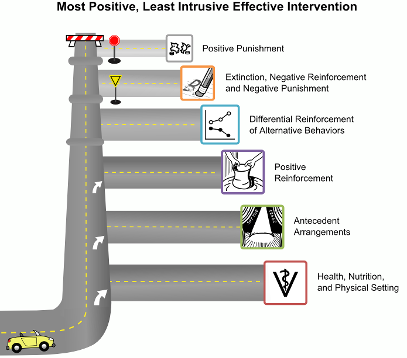Training Should be Fun... for Both the Dog and Handler
Are you tired of being angry with your dog all the time? Do you find you say NO! and BAD DOG! more often than you say YES! and GOOD DOG! If so, you have come to the right place.
Training your dog should be about:
- teaching not forcing
- leading not dictating
- rewarding not punishing
- building trust not creating fear
- enhancing their confidence not breaking their spirit
- setting them up for success not failure
When I started dog training, like so many,I too was duped by pop culture and the inappropriate trends developing in the dog training world. I followed and believed in many of the dog training myths including things like you must dominate your dog, the idea of an Alpha wolf and that dogs behaved like wolves, that dog training was really about control not trust, and that there was always a quick fix.
Unfortunately I was also pretty good at implementing some of these techniques to the point that I saw first hand the fall out and negative consequences of it. I had a few chilling moments that made me think this can't be the right way. I've always been the kind of person that wants to make things better and to learn better ways and I believe in the power of the scientific method over the power of pop culture. Once I started to reevaluate what I had been told I realized many old theories and philosophies have been proven wrong and/or harmful by scientific study and professional observation and should therefore no longer be used. I started looking for resources written by professionals instead of celebrities and thankfully did find the better way. The ultimate goal in training your dog should be trust, confidence, and enjoyment for both the dog and handler. The principles behind motivation and learning theory are what I use now to create a training plan that works for you and your dog.
As a member of the Association of Professional Dog Trainers and as part of my CPDT-KA designation there is also a code of conduct that I must follow.
APDT Code of Professional Ethics: https://apdt.com/about/code-of-professional-ethics/
CPDT Code of Ethics: http://www.ccpdt.org/about-us/code-of-ethics/
I will endevour to follow the Humane Hierarchy philosophy of dog training which basically means using the least aversive, least invasive methods possible first and setting up your dog up for success instead of focusing on punishment. Following this principle avoids the use of fear, force, pain, or intimidation in order to achieve your training goals. The use of punishment based training is no longer considered an acceptable, humane, or necessary form of training within the professional training community.
Focusing on reward based training helps to build a strong and trusting relationship with your pet which is what we all should be striving for. Training should be fun for both handler and dog. Compliance and obedience, if achieved by fear or intimidation, should not be an end unto itself.
